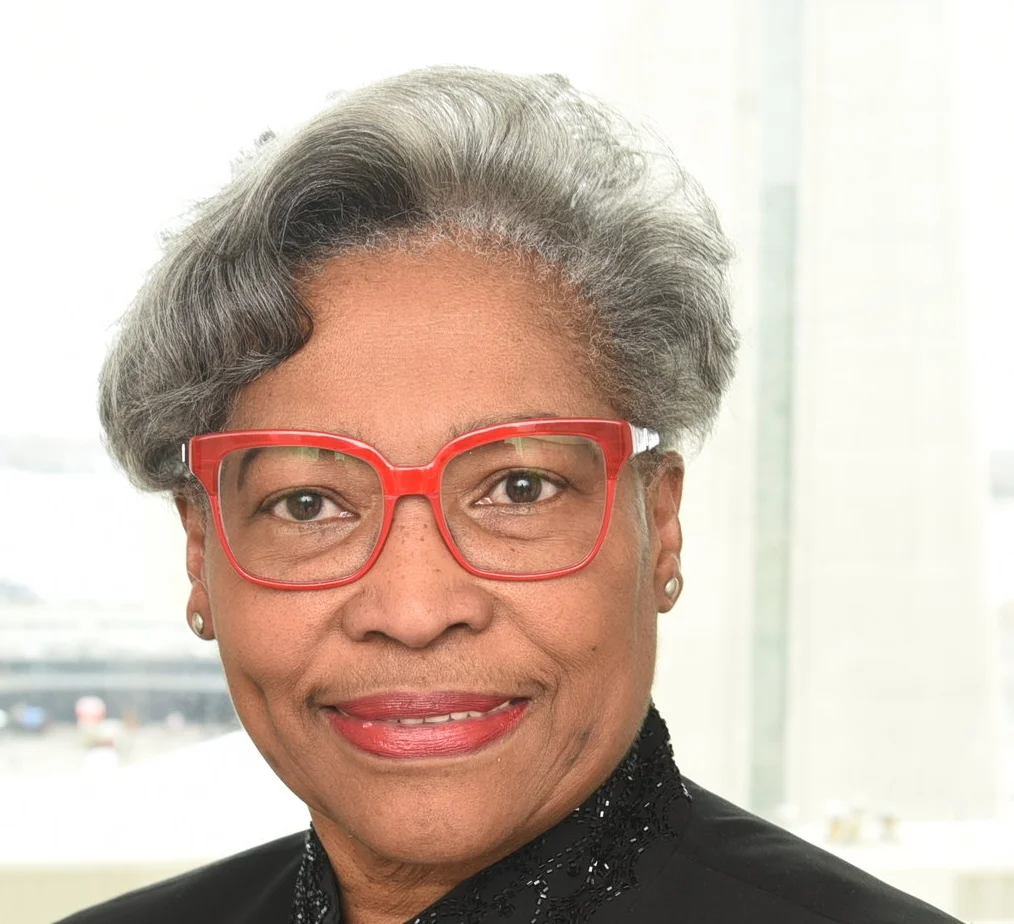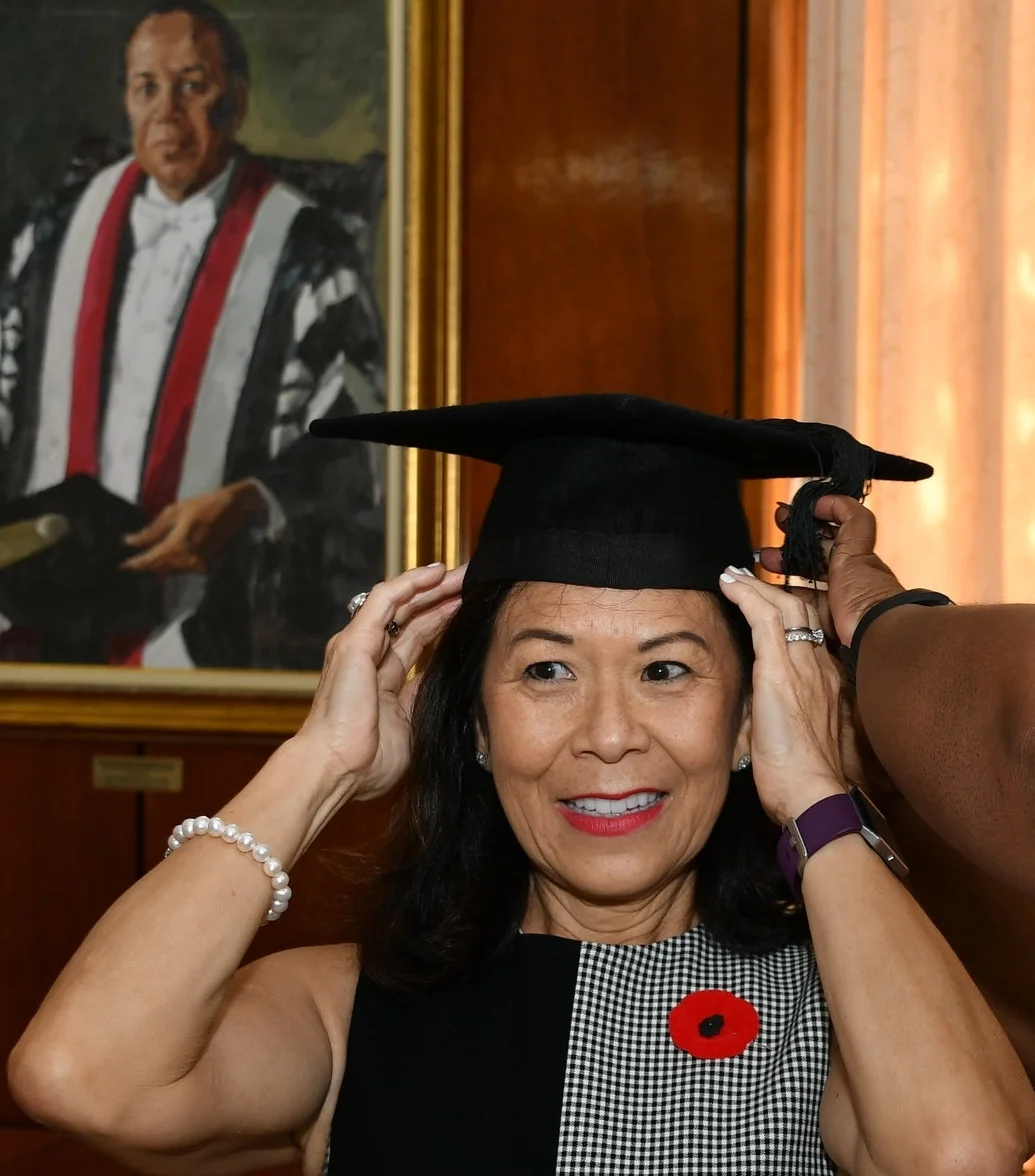Two-year degrees for UWI students being considered
April 3, 2019
Offering two-year degrees to students who can afford to complete them in a shorter time span and competency-based programs that will adequately prepare graduates for work in a rapidly evolving technological environment are being considered as the University of the West Indies (UWI) rethinks its business model.
“We can’t tell young people that this is the age of speed and then tell them relax and enjoy four years at university,” UWI Vice-Chancellor Sir Hilary Beckles said at a Barbadian community fundraiser in Toronto on March 9. “There’s absolutely no reason why a student should stay four years in university. It was 800 years ago that they started four-year degree programs. There is nothing wrong with two years.”
This is not a new concept.
Universities in the United Kingdom are given the option of providing fast-track courses, enabling them to raise tuition fees. Completing the program in a shorter period means students have to work more intensively during the year.
Beckles said the university is looking at restructuring how it understands a university degree is read by the community to emphasize the skill component.
He pointed out that male students are enrolling in Law, Medicine, Accounting, Engineering and other programs that guarantee high salaries and status.
“That is how they perceive formal education,” said Beckles who joined UWI 40 years ago after completing his PhD. at the University of Hull. “They see university not as a place to go for four years to study Literature, History and Sociology and expand their intellect. They see university as a place to extract skills that can be applied immediately to generate income and social stability.
“If they want to study Literature, we have to ask ourselves what is going to be the skills set that you can get. We have to be in a position where we can show them how they can take that degree and become a Script Writer or prepare information for Marketing. We have to show them that that degree is a skills-based one and not just a degree that has a lot of interest and information.”
Counting among its graduates several Caribbean heads of government, a late Nobel laureate and many distinguished professionals, UWI has contributed significantly to the intellectual, cultural, social and economic development of the English-speaking Caribbean in the latter half of the 20th century.
Prior to becoming Vice-Chancellor in May 2015, Beckles was the principal of the UWI Cave Hill campus that saw a sharp decline in enrolment in the last five years after the former Democratic Labour Party government in Barbados, led by UWI graduate Freundel Stuart, instituted austerity measures that included students paying tuition fees.
Enrolment at the campus dropped from 8,000 to about 3,000.
“It was the greatest collapse of a campus anywhere in the modern world in the last 200 years,” said Beckles who has garnered widespread Caribbean and global recognition for his academic achievements and leadership expertise. “I said to the government at the time that they were going to set us back 20 years if they did that. They did and now we have to dig ourselves out of a hole. Many of the social problems we are having at home today is because a government succeeded in turning off the appetite that we have for education.”
Beckles said the country’s silence after fees were imposed surprised him.
“The majority of students at Cave Hill are women and many are unmarried working-class mothers,” he noted. “These were the women most affected by the government’s decision. The government imposed an aggressive tax upon the most vulnerable citizens in society. I told them that it was immoral, unethical and poor economics. What amazed me was there was no popular resistance in our society to this fundamental wrong. Why did Barbadians sit back quietly and allow it to happen? Where was the trade union movement because the majority of these people were Barbados Workers Union members? I am still trying to figure that out.”
Shortly after being elected Barbados’ first female Prime Minister last year, Mia Mottley – she is also the Minister of Finance -- summoned Beckles to a meeting to discuss the state of the Cave Hill campus.
“She said the Barbados government owes the university $100 million and ‘we are going to deal with this’,” he recounted. “She asked to see our books, expenditures and our debt-serving needs. We put everything on the table and I told her we can manage this if the students are returned to the university. The only request was that the government pay the student fees and I promised that I would not ask for a cent for capital development. That was the deal I had when Owen Arthur was Prime Minister.”
The Barbados Canada Foundation organized the fundraiser for the Queen Elizabeth hospital.
The theme of Beckles presentation was, ‘The Journey began on November 1966: Where is Barbados Today and what Might its Future Be?”
After 339 years of British colonialism, Barbados secured its independence 53 years ago.
Beckles credits Barbados’ first Prime Minister Errol Barrow for the island becoming a modern sophisticated nation.
“It is because of his vision that a university was created that has produced all the skills to allow Barbados to transition into financial and tourism services and modern financial banking management that allowed the country to emerge with a sense of commitment to peace, social justice and family and community life,” he said.
“…Barbados is at a stage where the economy is in absolute need of refurbishment, greater mobilization and even more sophistication. In the last 53 years which I would like to call Phase One, we have transitioned from an agricultural plantation world with its limitations and its racial domination into a modern economic society. Now, we are at the cusp of Phase Two that will require that we refurbish our tourism industry. It needs to be modernized, it needs to be made more sophisticated and it needs to be upgraded to become more competitive because tourism is the largest industry in the world. It is the most competitive industry in the world and you have to be good at it. We were good at it for 30 to 40 years, but we are losing our edge. The big challenge for us now is to refurbish this industry that has been the foundation of Phase One.”
Funds raised from the event will be used to purchase critical medical equipment and supplies for the Barbadian hospital.






